Spotlight on the March of Dimes COVID-19 Fund
A nonprofit organization, the March of Dimes has implemented a special Mom and Baby COVID-19 Intervention and Support Fund to ensure that mothers and babies can access the care and services they need, both now and in the future. In this article, we look at the implications of COVID-19 for mothers and infants, as well as the vital work carried out by March of Dimes.
Background on COVID-19
COVID-19 is a new type of coronavirus that began affecting humans very recently. Scientists believe that Covid-19 transitioned to humans in Wuhan, China. Experts suggest that the original hosts may have been bats and that COVID-19 may have infected other animal species before making the jump to humans.
Bats have been known to host a variety of infectious diseases, including rabies, HIV, and Ebola, that have ultimately been transmitted to humans. Diseases that are transmittable by different animal species are known as “zoonotic viruses,” according to experts. They have been responsible for some of the most devastating epidemics in human history. Chinese authorities report that the COVID-19 outbreak began at a “wet market” in Wuhan in late December 2019.
Coronaviruses are a family of viruses that mainly affect animals. Only seven strains of the coronavirus have made the leap to humans, including COVID-19, with the majority producing cold-like symptoms.
Scientists attribute the spread of COVID-19 to respiratory droplets that are dispersed when an infected persons sneezes or coughs. Some experts believe that the virus could also live on surfaces for hours—or even days—and then be transmitted to the next host when they touch that contaminated surface and then touch their eyes, nose, or mouth. Experts believe that people infected with COVID-19 are at their most contagious at the peak of their symptoms.
COVID-19 is closely related to another coronavirus, known as severe acute respiratory syndrome, or SARS. Globally, SARS infected approximately 8,000 individuals between 2002 and 2003, killing approximately 800 people. Nevertheless, the SARS outbreak proved relatively easy to control, since infected individuals quickly became ill, making the virus relatively easy to track. Since individuals infected with COVID-19 may be asymptomatic or only show symptoms after several days, it can spread silently through communities.
COVID-19 is new to humans. We still have a long way to go in terms of research. Nevertheless, based on current figures, scientists believe that around 80% of COVID-19 infections produce mild symptoms, with some individuals showing no symptoms at all.
In severe cases of COVID-19, the disease can trigger pneumonia, necessitating hospital admission and possible ventilation. In some cases, COVID-19 can prove deadly.
How does COVID-19 affect mothers and babies?
Certain categories of people are considered more vulnerable to contracting COVID-19. They include older adults; individuals with underlying conditions such as diabetes, heart disease, and asthma; and pregnant women.
The Centers for Disease Control and Prevention explains that it is not currently known whether pregnant women have a greater chance of contracting COVID-19. Nevertheless, since their bodies undergo significant changes, particularly in terms of their immune systems, this may increase their risk of developing serious symptoms. Other viral respiratory infections, including influenza, are known to affect pregnant women more severely, so it is important for them to protect themselves.
They can do so in a number of ways. Washing your hands on a regular basis is an effective means of stemming the transmission of COVID-19, as is social distancing. By covering your mouth when you cough, either with a tissue or you elbow, you can reduce your risk of passing the virus on to other people. They can reduce this risk still further by self-isolating when symptoms first appear. The most common symptoms of COVID-19 include the following: a fever, a dry and persistent cough, and shortness of breath.
While we still have much more to learn about the effects of COVID-19 on unborn babies, scientists know that the immune systems of pregnant women are slower to respond, so they are more likely to become sick. A high fever, particularly in the first trimester, has been associated with an increased risk of birth defects, as well as miscarriage and stillbirth.
Early in the COVID-19 pandemic, data suggested that vertical transmission—in which the mother transmits the virus to her unborn child via the placenta—was not possible. However, data gathered by the Journal of the American Medical Association suggests that the transmission of COVID-19 could potentially occur during pregnancy. Experts are currently unclear whether the virus can be transmitted through breastfeeding.
The good news is that, as compared to adults, children and babies infected with COVID-19 tend to exhibit milder symptoms. Nevertheless, infants under the age of one face an increased risk of becoming very sick if should they contract the virus.
The March of Dimes Mom and Baby COVID-19 Intervention and Support Fund
Having a baby should be a beautiful, life-changing event. However, many women are experiencing heightened stress, anxiety, and fear amid the current pandemic.
Through its Mom and Baby COVID-19 Fund, March of Dimes aims to support expectant women, babies, and families by implementing fast-tracked research programs to develop interventions that are safe for pregnant women, distributing donations to support the health of mothers and babies, and educating families on how to stay safe during the pandemic.



